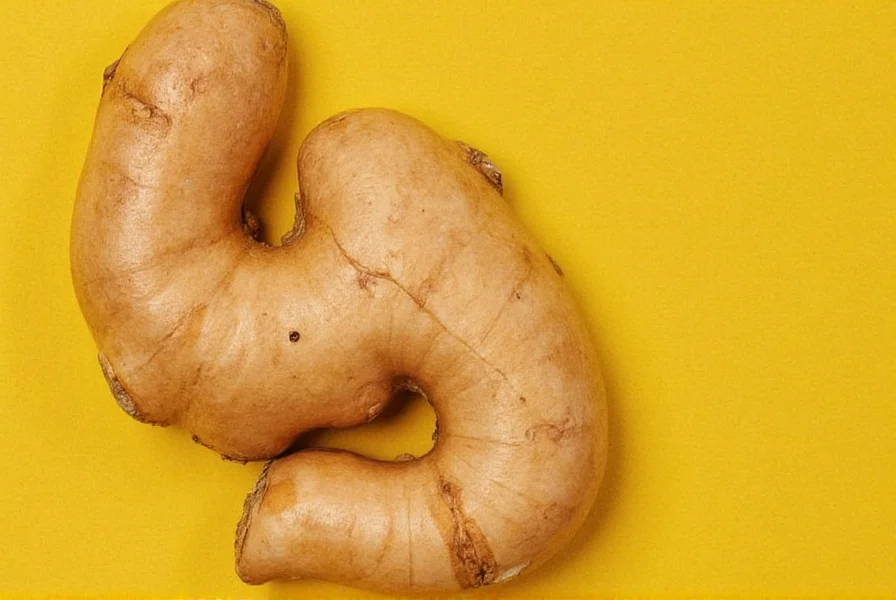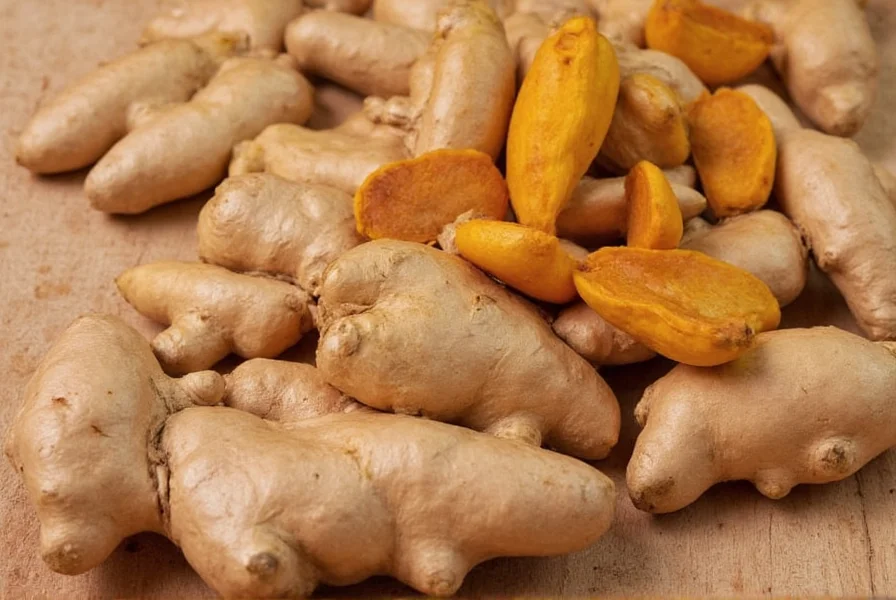When people search for "ginger lucky," they're often seeking cultural connections between ginger and luck. While no widespread tradition specifically labels ginger as a "lucky" item like four-leaf clovers or horseshoes, this aromatic root carries significant symbolic meaning across various cultures that relates to protection, health, and vitality—elements often associated with good fortune.
The Cultural Significance of Ginger Worldwide
Ginger's journey through human history spans over 3,000 years, with evidence of its use in ancient Chinese and Indian civilizations. Unlike dedicated luck charms, ginger's value stems primarily from its medicinal properties and spiritual associations. In traditional Chinese medicine, ginger represents yang energy—active, warming life force that promotes health and balance. Healthy individuals naturally experience better circumstances, creating an indirect link to what many would call "luck."
| Culture | Ginger Symbolism | Connection to Fortune |
|---|---|---|
| Chinese Tradition | Yang energy, warmth, protection | Health as foundation for prosperity |
| Japanese Culture | Purification, warding off evil | Protection enabling positive outcomes |
| West African Beliefs | Vitality, spiritual cleansing | Energy for seizing opportunities |
| Caribbean Folklore | Warding negative energy | Removing obstacles to success |
Ginger as Protective Element, Not Direct Luck Charm
Understanding whether ginger brings luck requires distinguishing between direct luck symbolism and protective properties. Many cultures use ginger to ward off negative influences rather than actively attract good fortune. In Japanese tradition, people place ginger near entrances during New Year celebrations to prevent evil spirits from entering homes—a practice focused on protection rather than luck attraction.
Similarly, in Caribbean spiritual practices, ginger appears in cleansing rituals designed to remove negative energy. When obstacles disappear, positive outcomes become more likely, creating what some might interpret as "luck." This explains why people researching does ginger bring good luck often find references to ginger's protective uses rather than direct luck associations.

Modern Misinterpretations of Ginger Symbolism
Contemporary wellness culture sometimes misrepresents traditional practices. You might encounter products labeled "lucky ginger" or "fortune ginger" created for commercial purposes without authentic cultural basis. These modern interpretations often blend elements from different traditions, creating what scholars call "spiritual consumerism"—where authentic cultural practices become diluted for market appeal.
When examining ginger root symbolism meaning in authentic contexts, we find consistent themes of health, purification, and vitality rather than direct luck associations. For example, in Ayurvedic medicine, ginger's primary value lies in its ability to improve digestion and circulation—foundational elements for overall wellbeing that naturally support positive life experiences.
Practical Applications of Ginger's Symbolic Meaning
While not a traditional luck charm, many people incorporate ginger into daily practices seeking its protective and health-promoting benefits:
- Adding fresh ginger to morning tea as a ritual for starting the day with vitality
- Using ginger in cleansing rituals before important events
- Carrying a small piece of dried ginger for personal protection
- Incorporating ginger into cooking during seasonal transitions for health maintenance
These practices focus on ginger's established properties rather than unsubstantiated luck claims. Understanding the authentic cultural significance of ginger in traditions helps separate meaningful practices from commercialized misconceptions.

Conclusion: Ginger's True Value Beyond Luck
The question is ginger considered lucky in chinese culture reveals a common pattern where people seek simple luck solutions. Authentic cultural traditions emphasize ginger's role in maintaining health and balance—foundational elements that create conditions for positive outcomes. Rather than viewing ginger as a magical luck charm, appreciating its historical significance in promoting wellbeing offers more meaningful engagement with these traditions.
When exploring ginger folklore and superstitions, focus on practices with documented cultural roots rather than modern inventions. This approach respects the traditions while providing practical ways to incorporate ginger's genuine benefits into daily life.
Does any culture specifically consider ginger a luck charm?
No major cultural tradition specifically designates ginger as a luck charm like four-leaf clovers or horseshoes. Some cultures use ginger for protection and health, which indirectly supports positive life circumstances, but it's not traditionally classified as a luck symbol.
Why do people associate ginger with good fortune?
People connect ginger to good fortune because its health-promoting properties in traditional medicine systems create conditions for wellbeing. Healthy individuals often experience better life outcomes, which some interpret as "luck," though this represents a modern reinterpretation rather than traditional symbolism.
How did ginger become part of protective rituals?
Ginger's warming properties and historical use in cleansing rituals led to its incorporation in protective practices. In Japanese tradition, people place ginger near entrances during New Year to ward off evil spirits. Caribbean spiritual practices use ginger in cleansing rituals to remove negative energy, creating space for positive experiences.
Can I use ginger for protection in daily life?
Yes, many people incorporate ginger into daily protective practices: adding fresh ginger to morning tea for vitality, carrying dried ginger for personal protection, or using ginger in cleansing rituals before important events. These practices focus on ginger's established properties rather than unsubstantiated luck claims.
What's the difference between ginger's traditional uses and modern interpretations?
Traditional uses focus on ginger's medicinal and protective properties within specific cultural contexts. Modern interpretations often commercialize these practices, creating products labeled as "lucky ginger" without authentic cultural basis. Understanding the historical ginger root symbolism meaning helps distinguish meaningful practices from marketing inventions.











 浙公网安备
33010002000092号
浙公网安备
33010002000092号 浙B2-20120091-4
浙B2-20120091-4